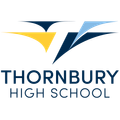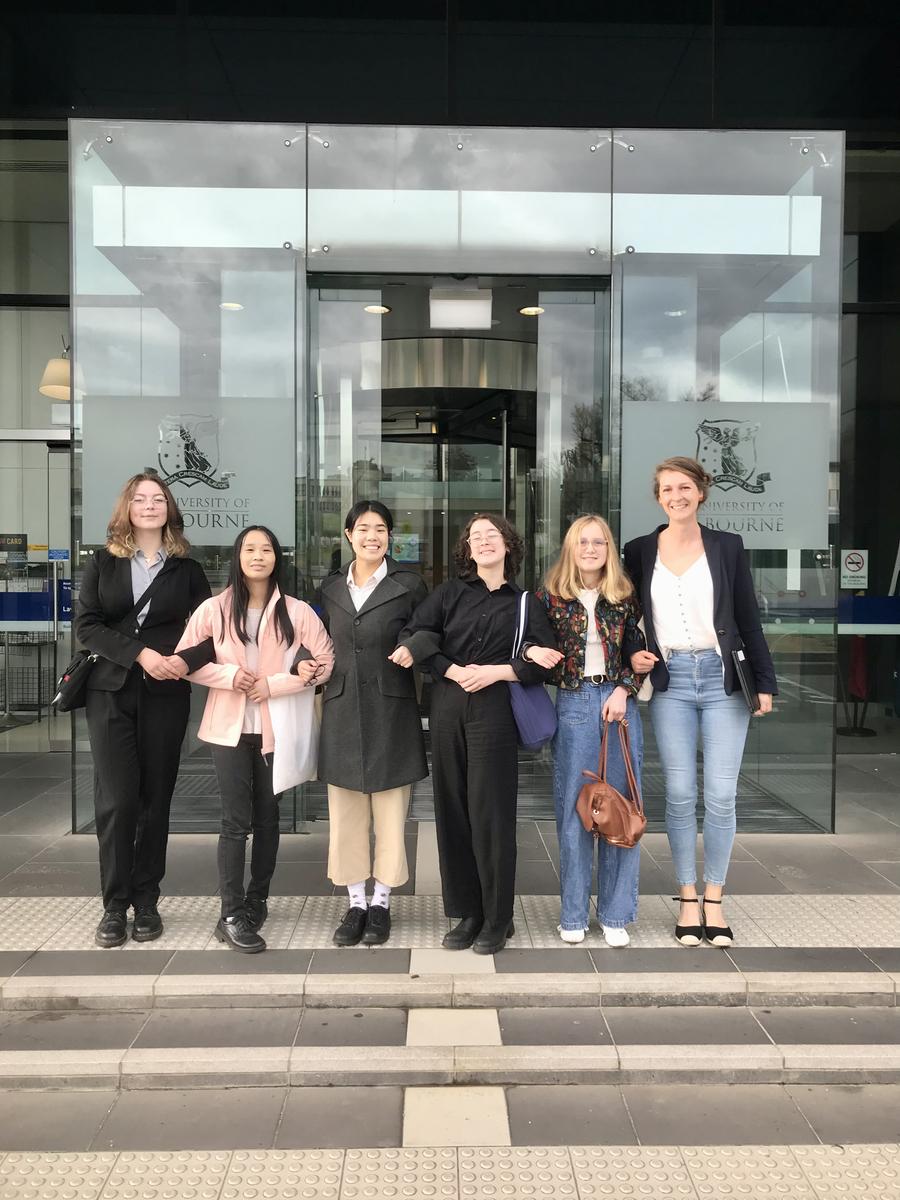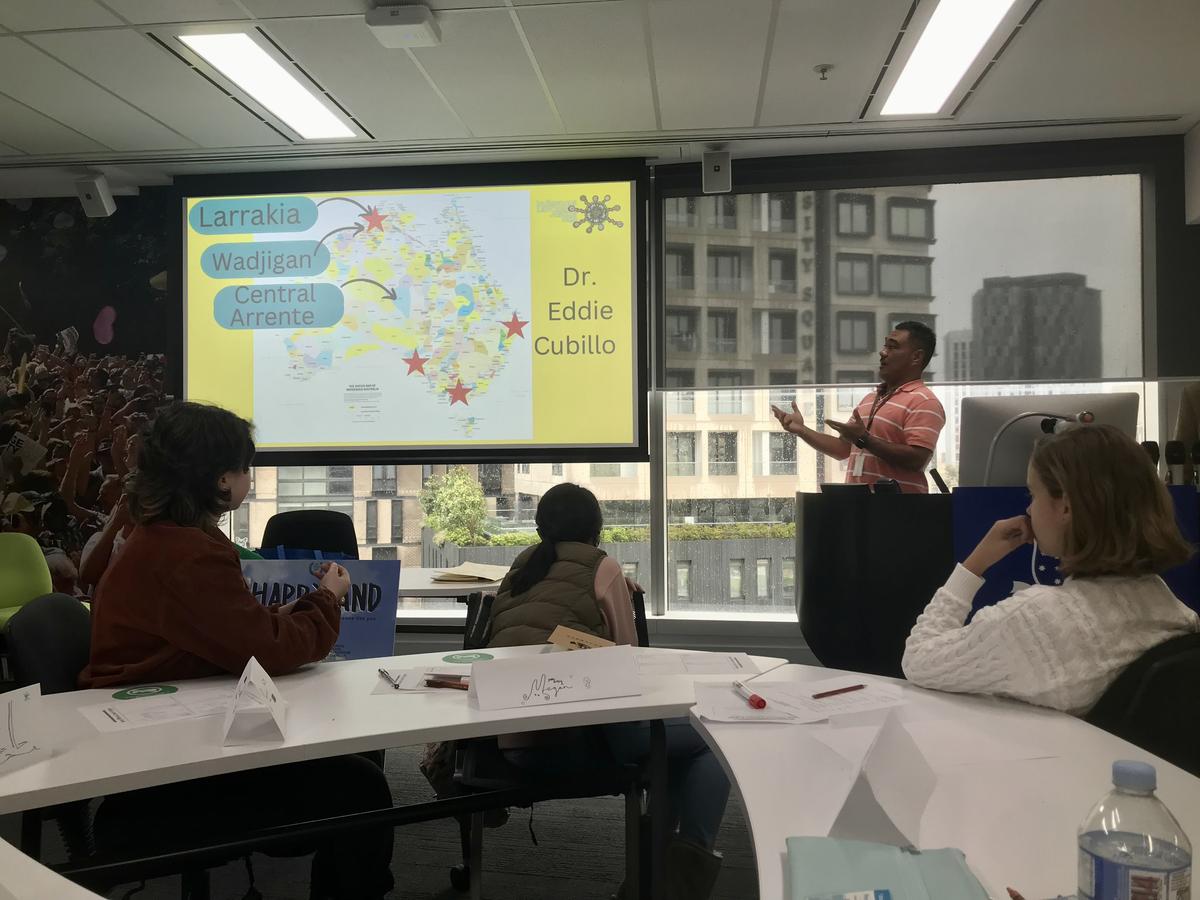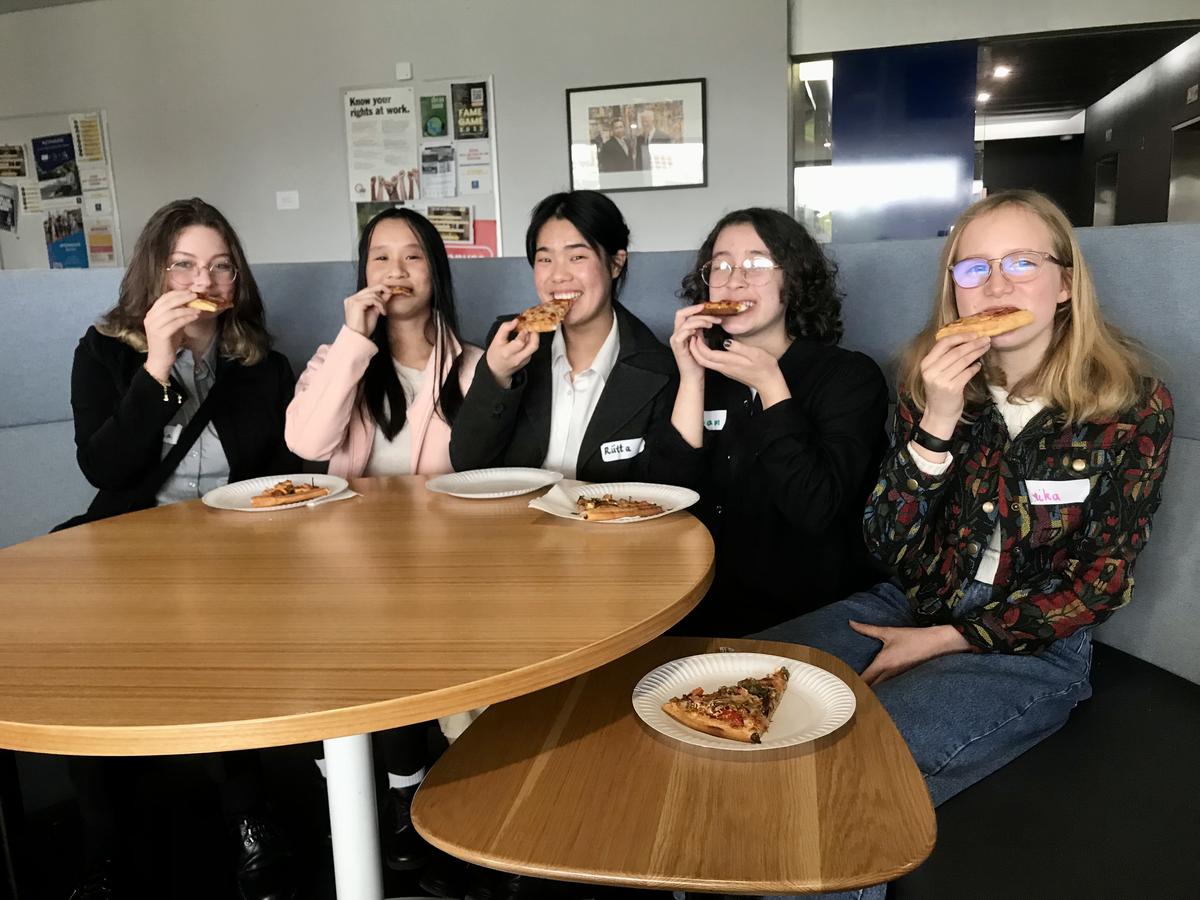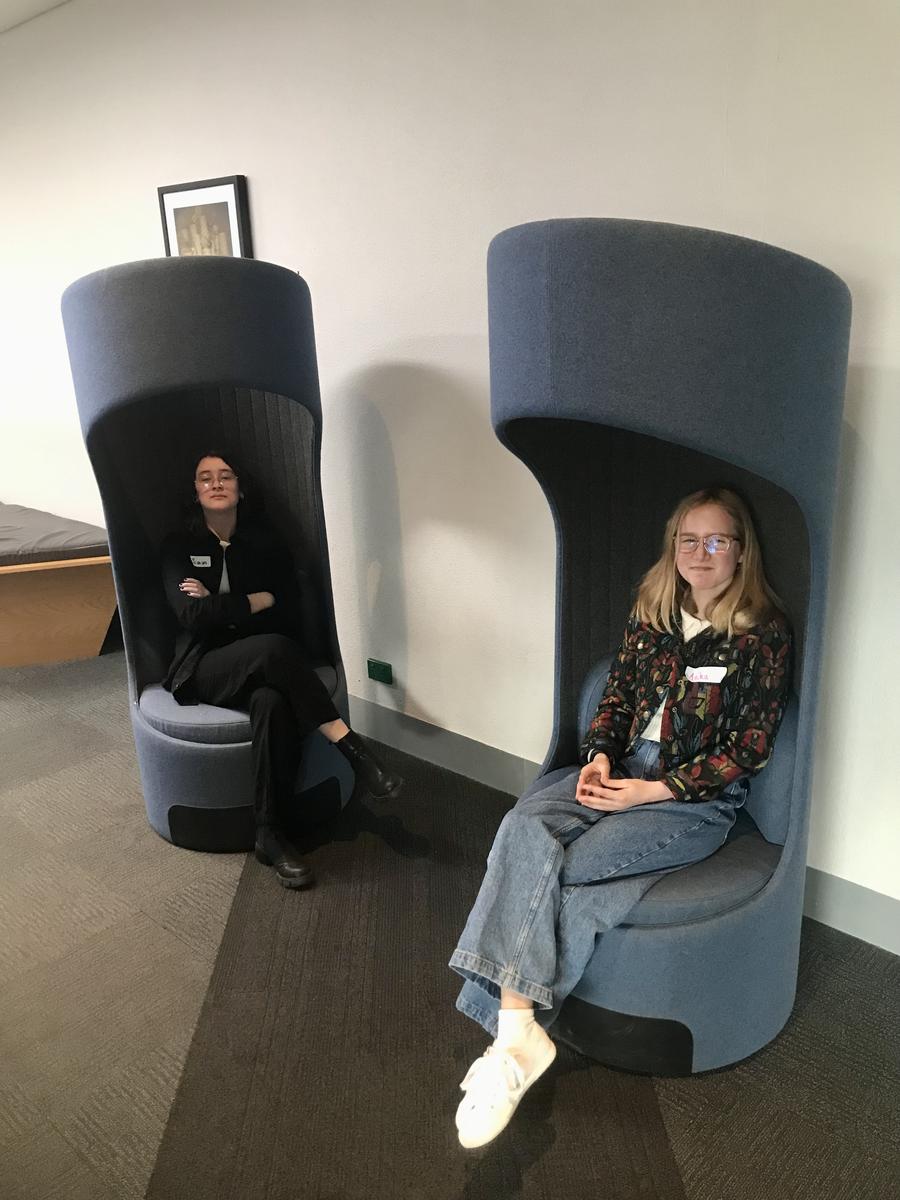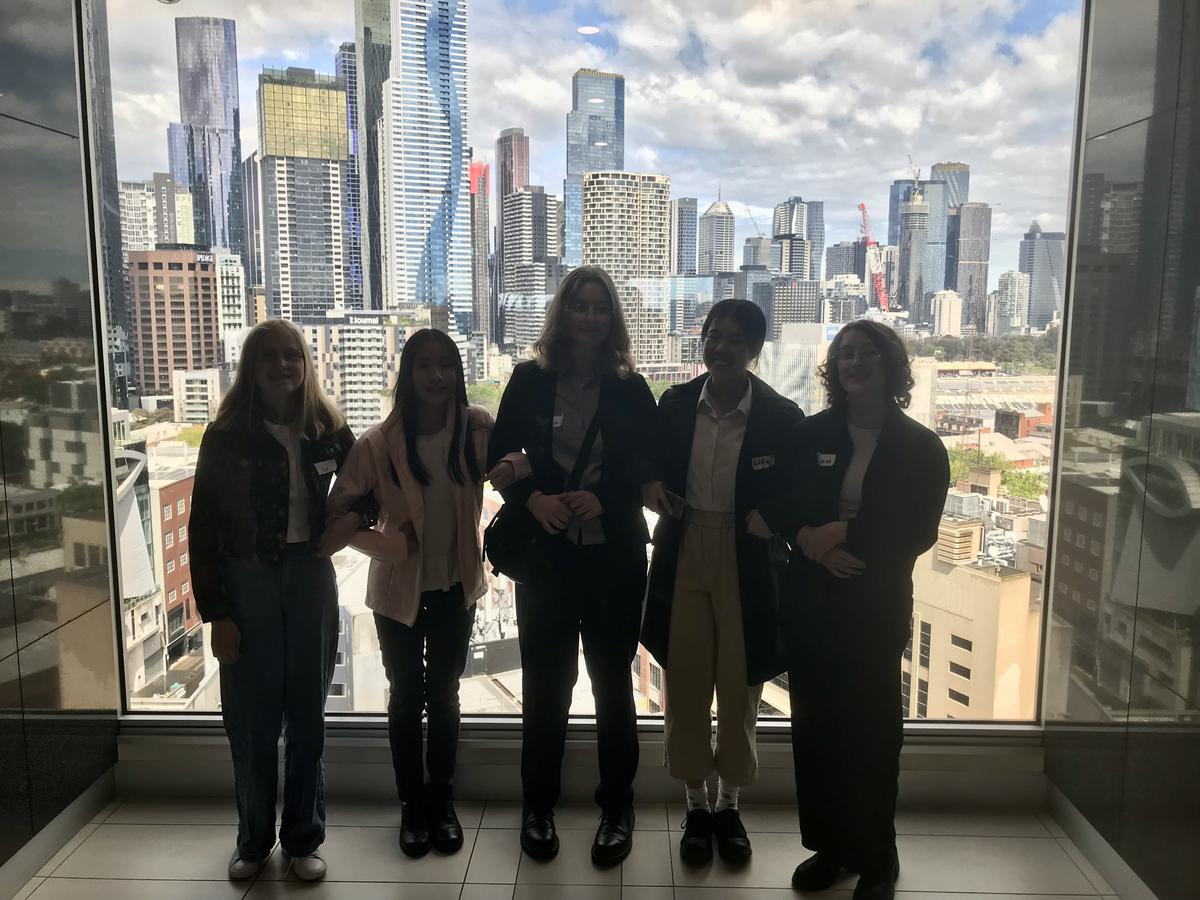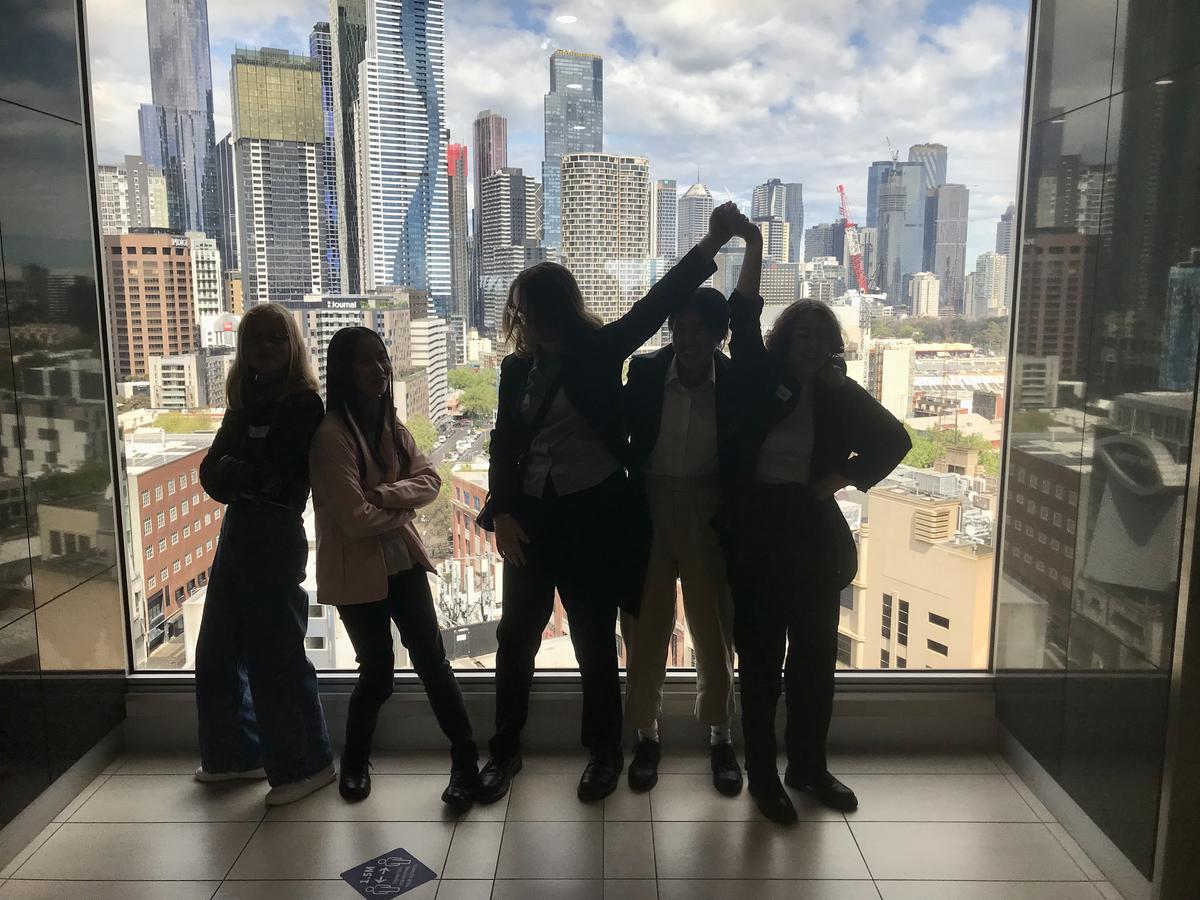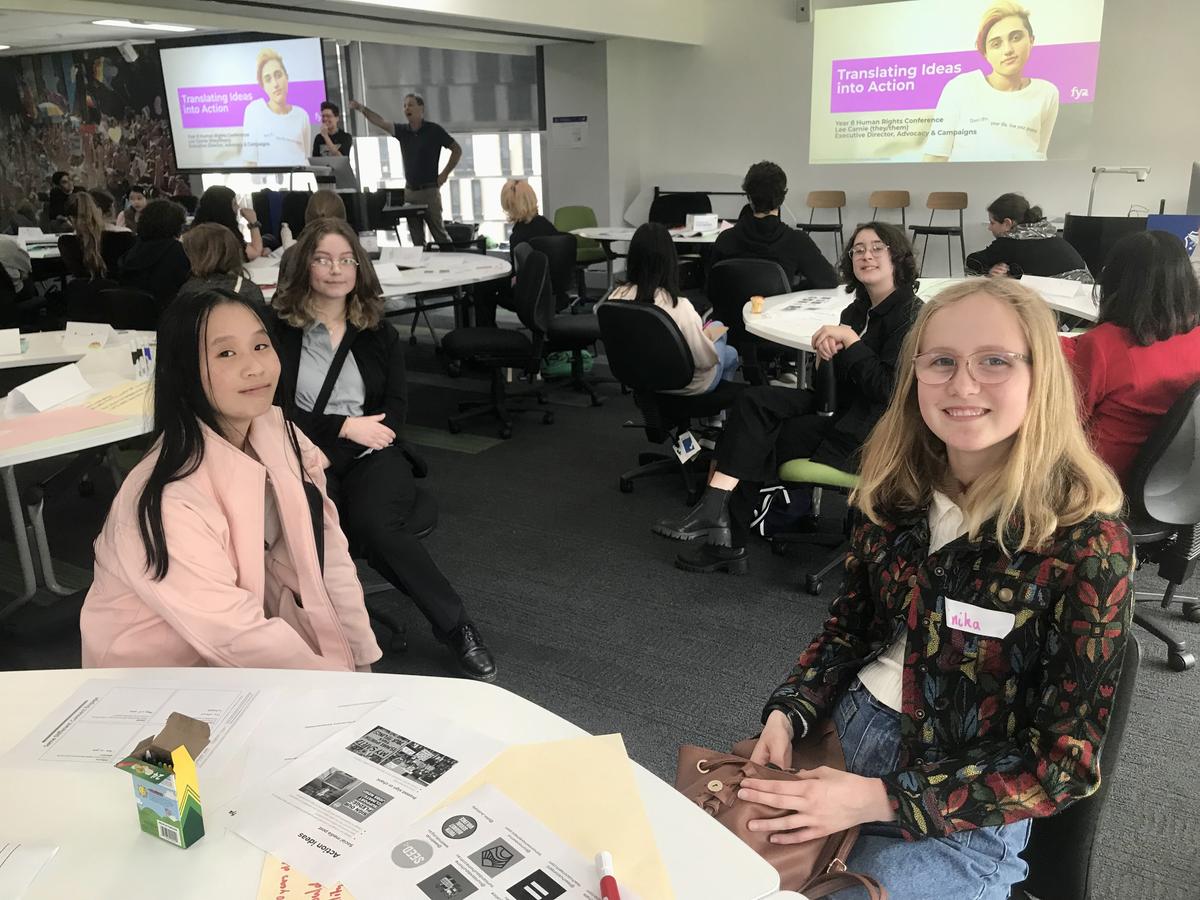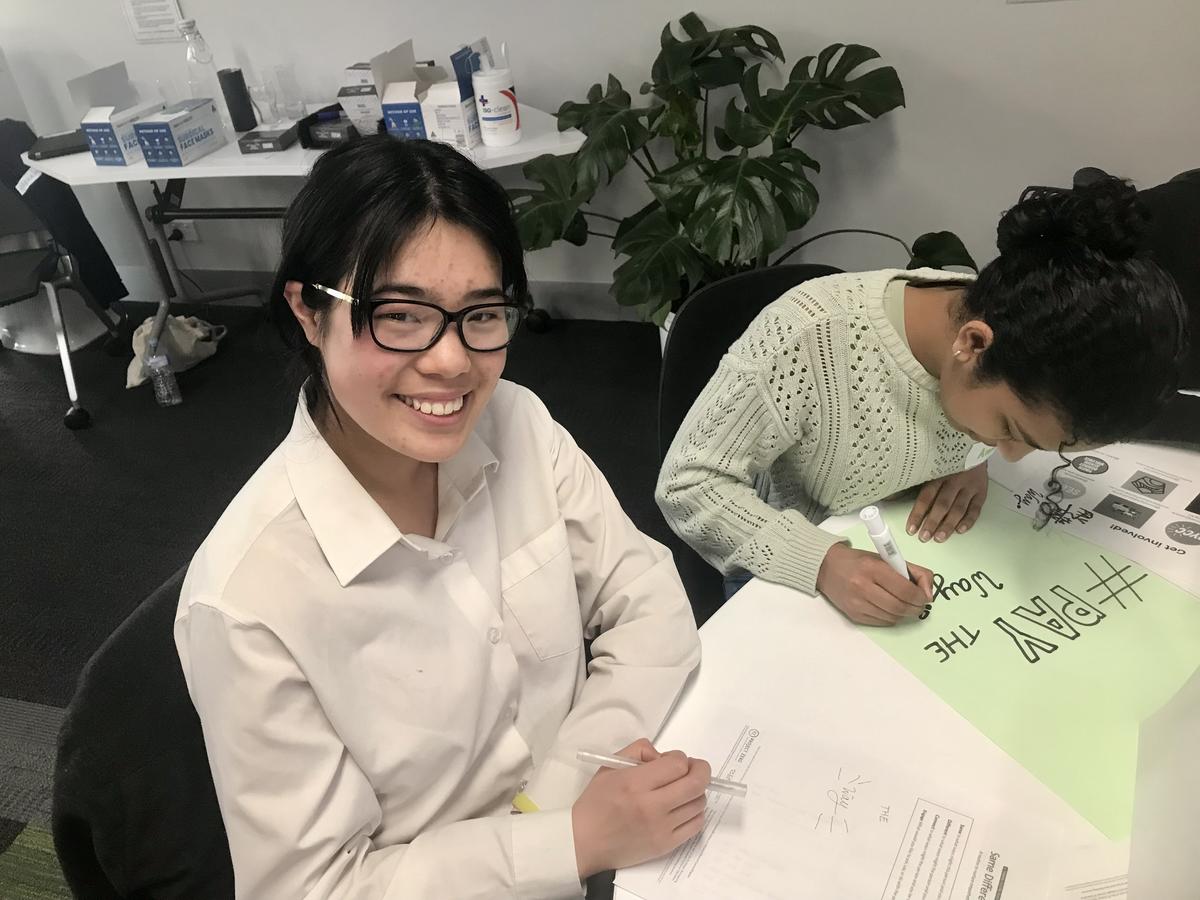Library, Clubs & Activities
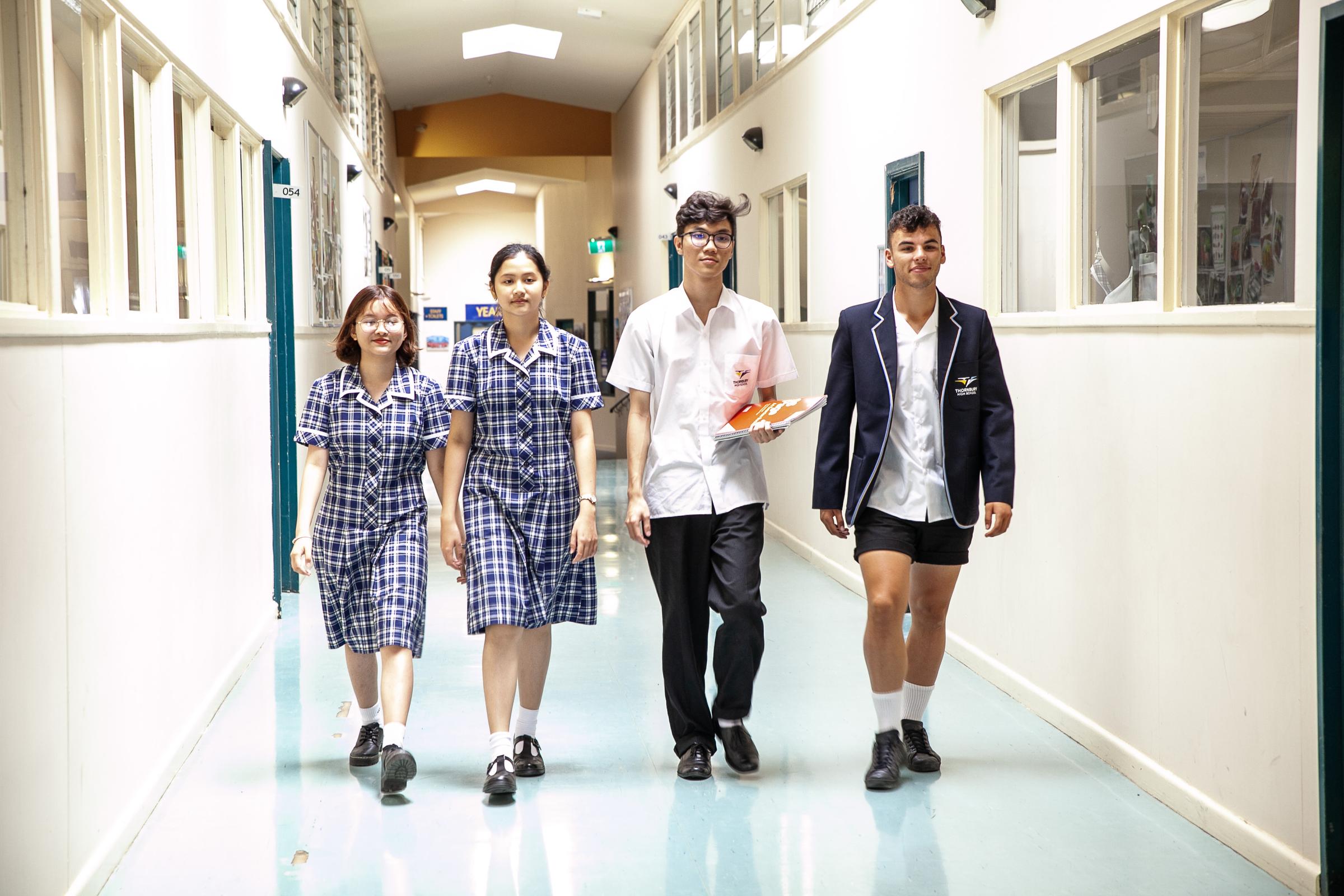
Human Rights Workshop
An Overview of the Day
On Friday, a group of students went to Melbourne Law School for a human rights workshop. When we were there we learnt about some issues that were happening in the world and we saw some presentations. At the end there was a workshop that told us how we can help solve things instead of just being a bystander. We had a tour, a pizza lunch and a really great time making friends from other schools. Overall we had a great time.
Dahlia Gray
Workshop 1: The Universal Declaration of Human Rights
The first topic we learned about was what human rights are and how they came to be. The UDHR stands for the Universal Declaration of Human Rights and it was created in the aftermath of WWII, which now shows a horrendous breach of human rights. It lists and describes what everyone around the world should have access to and what they should be able to do. Some of the rights include freedom of speech, religion, and movement as well as the right to healthcare, education, food, water, safety and housing.
A current issue concerning human rights is chocolate production. Most of the world's cacao is produced by farms along the Ivory Coast in Africa, where many children, some no older than 10, are working for nothing to collect and cut up the cacao pods. These kids have had no choice but to work as child slaves, as they need the scraps of food they are given for their families. A way to help these children and other workers on these farms is to buy certified Fairtrade chocolate. Fairtrade aims to create better conditions for workers and no-one under 15 is employed. Sometimes Fairtrade or organic items are more expensive, but it is worth spending a little more money on goods that align with human rights to keep people safe.
Anika Menz
Workshop 2: Statelessness
After learning about the UDHR, the second issue we learned about was what statelessness is and how it affects millions of people across the globe. Statelessness is the state of not belonging to and not having citizenship to any country. We watched a video of a girl living in Lebanon named Rama, who is 9 and a half years old. She is stateless because although her mother is a citizen of Lebanon, Lebanon doesn’t grant her mother the right to pass on her nationality on to her children, or husbands. So as her father is stateless, this means that Rama is stateless. She is lucky that she can even attend school, because being stateless means that she does not have access to healthcare, ownership of property, marriage, and enjoyment of legal protection. Her mother worries for her future, as stateless people are very vulnerable to abuses such as human trafficking. Examples like these gave us an insight into how many stateless people (12 million) are at risk, and how we must accommodate these people so that they have this basic human right of belonging and being protected.
Riitta Ruan
Workshop 3: First Nations People
The third workshop we did was about Aboriginal and Torres Strait Islander Rights. We talked about how many people may think that we have done enough to support our First Nations people, even though this is not the case. Aboriginal and Torres Strait Islander peoples make up approximately 30% of Australia's prison population. A possible solution discussed could be to include more Indigenous people as members of the court but we are still a long way away before we reach equality. I enjoyed this activity and also just the whole experience in general and would recommend it to any future applicants.
Yilin Chuang
Workshop 4: Turning Ideas into Action
The final workshop we participated in was about how to turn your ideas into real action. I was really excited about this due to the fact that most of the other talks spread awareness about the issue but didn't really explain in depth how we could help. I learned that the best way to create a successful campaign around an issue was to identify the person who can make the decision to fix the problem, and the barrier that stopped them from doing so. With this new information under our belts, we got to decide on an issue as a group and create a hypothetical campaign around it, complete with a name and hashtag. My group focused on the over-incarceration and racial profiling of young Aboriginal Australians and its tagline was ‘You Stole Land, Don’t Steal Lives’. Another group took a different route and worked on the gender pay gap, calling their campaign ‘Pay the Way’. Overall it was a truly remarkable experience that I learned so much from.
Sam Agnew
